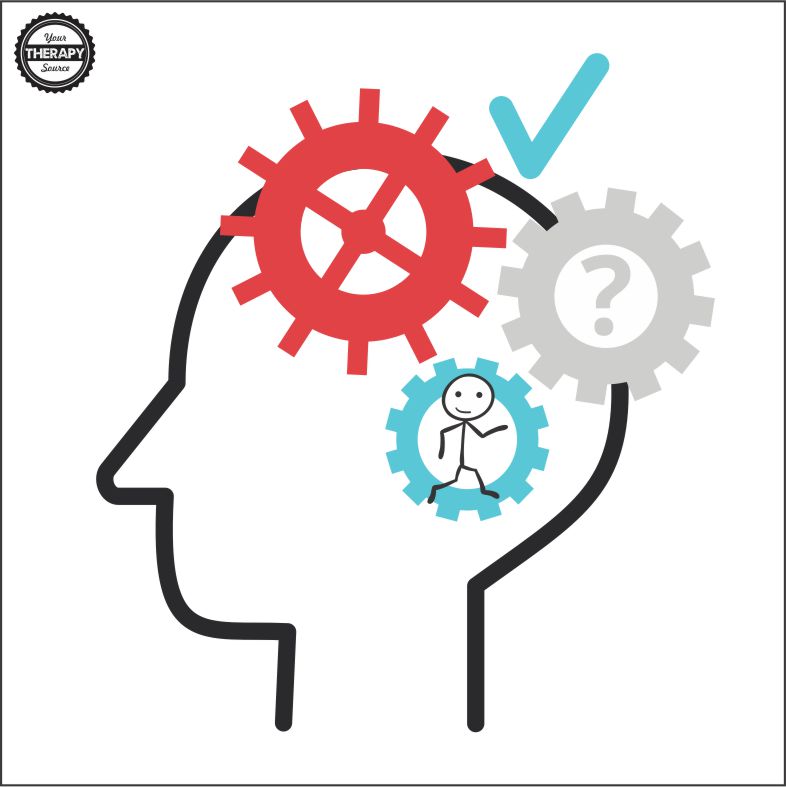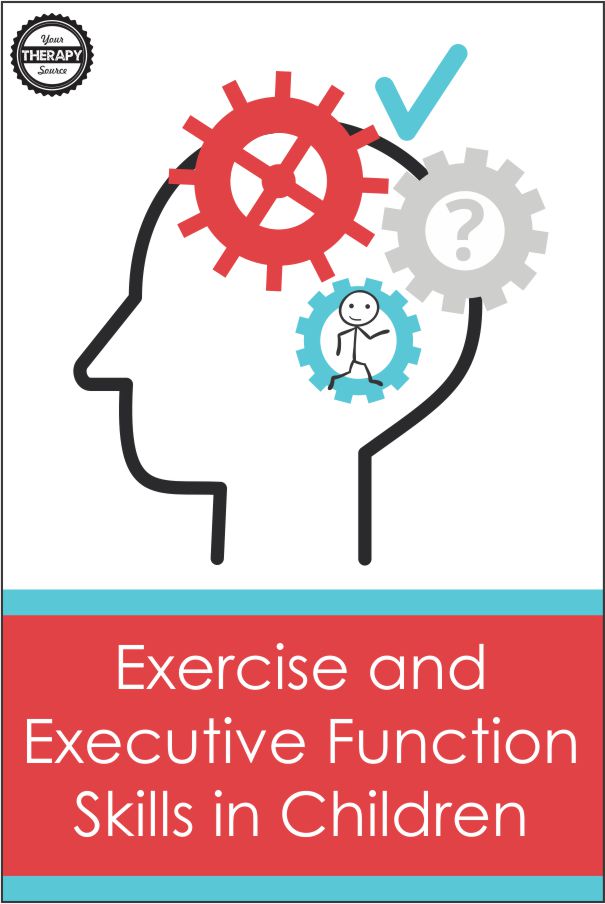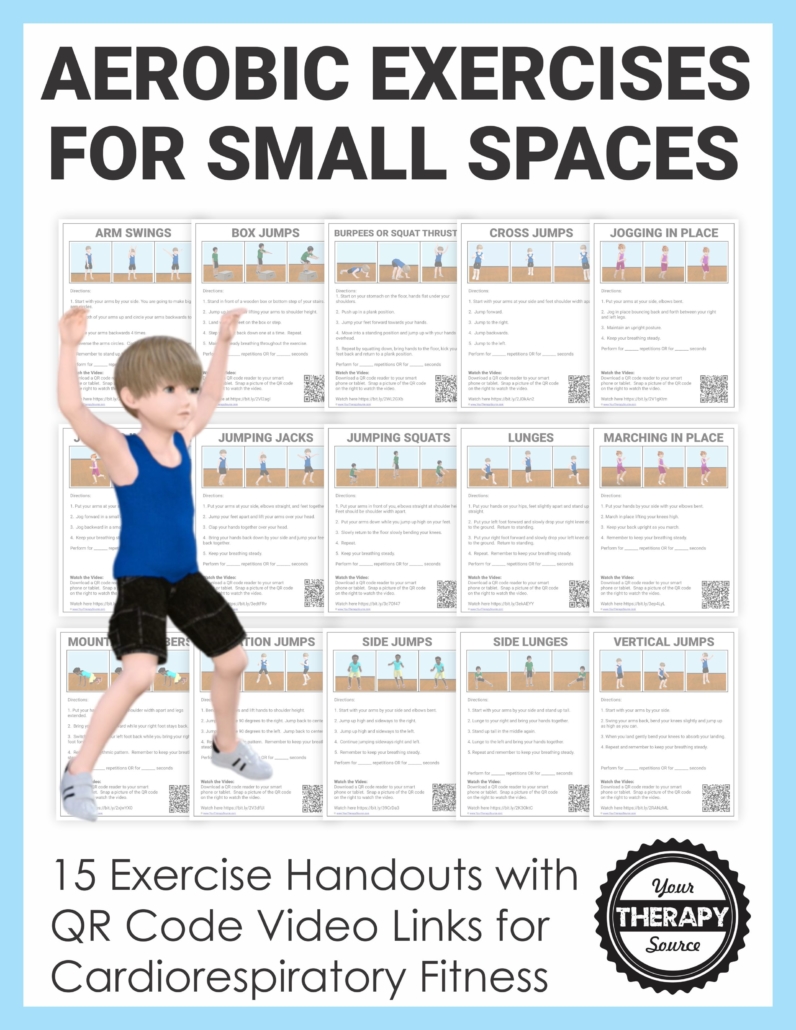Exercise and Executive Function
Are you curious if there is a relationship between exercise and executive function in children?
Do you want data and evidence to support strategies such as physical activity to help your students learn?
Studies indicates that exercise can help academic performance in students.

What Does the Research Say on Exercise and Executive Function?
Mental Health and Physical Activity published research on the relationships between physical activity, aerobic fitness, and motor skills to executive functions and academic achievement in 697, ten year old children.
Results of the Study
The results indicated the following:
- no relationships were observed between moderate to vigorous physical activity and executive functions or academic performance.
- sedentary time was related to executive functions and academic performance in English in boys.
- aerobic fitness was associated with executive functions and academic performance in boys only.
- motor skills were associated with most measures of executive functions in both girls and boys and academic performance in girls.
Conclusion
The researchers concluded that the strongest independent associations were observed for motor skills to executive functions. Sex-specific associations were observed for aerobic fitness and motor skills. Programs that increase both aerobic fitness and motor skills may positively affect executive functions and academic performance.
Research tells us that short aerobic exercise sessions can help children with: cognitive flexibility, self-regulation, behavior, and academic achievement! This Cardio Aerobic Exercises for Small Spaces digital download packet includes 15 aerobic exercise sheets including QR codes with links to animated video demonstration of each exercise.
Read More on Exercise and Executive Functions in Children
Acute Exercise and Executive Function in Children – The researchers concluded that an acute bout of exercise, of either an intermittent or continuous nature, improves executive function in children, and effects are maintained for ≤ 30 min following exercise cessation. Therefore, it is recommended that children should participate in bouts of physical activity during the school day (Lambrick, et al, 2016).
Exercise and ADHD – The researchers concluded that exercise has a modest positive impact on ADHD functional outcomes, such as executive functions and motor skills, with longer interventions yielding better results (Vysniauske et al, 2016).
Executive Function in Children – Deficits and Academic Difficulties – The researchers concluded that executive function in children who present with deficits, particularly in working memory, increased kindergarten children’s risk for repeated academic difficulties (Morgan et al, 2019).
References
Aadland, K. N., Moe, V. F., Aadland, E., Anderssen, S. A., Resaland, G. K., & Ommundsen, Y. (2017). Relationships between physical activity, sedentary time, aerobic fitness, motor skills and executive function and academic performance in children. Mental Health and Physical Activity, 12, 10-18.
Lambrick, D., Stoner, L., Grigg, R. and Faulkner, J. (2016), Effects of continuous and intermittent exercise on executive function in children aged 8–10 years. Psychophysiology, 53: 1335–1342. doi: 10.1111/psyp.12688
Morgan, P. L., Farkas, G., Wang, Y., Hillemeier, M. M., Oh, Y., & Maczuga, S. (2019). Executive function deficits in kindergarten predict repeated academic difficulties across elementary school. Early Childhood Research Quarterly, 46, 20-32.
Vysniauske, R., Verburgh, L., Oosterlaan, J., & Molendijk, M. L. (2016). The effects of physical exercise on functional outcomes in the treatment of ADHD: a meta-analysis. Journal of attention disorders, 24(5), 644-654.





